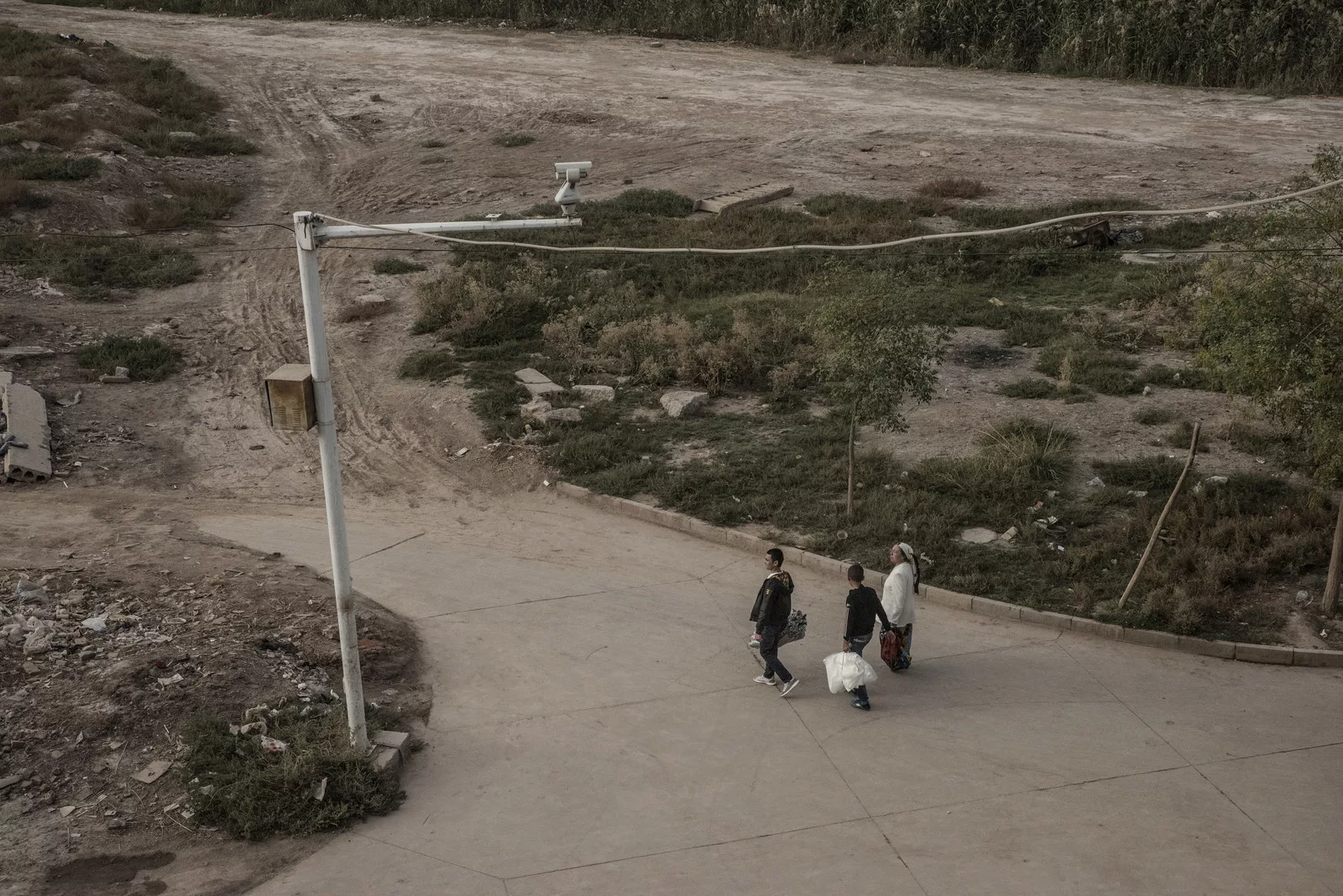This Is What A 21st-Century Police State Really Looks Like
October 17, 2017T., a writer, lived in an apartment complex in the regional capital of Urumqi with his wife and daughters until the middle of this summer. (He and his family are now in the US. He asked me not to disclose which city because he was afraid of being identified by the government.) For years, an official representing the neighborhood’s Communist Party committee would visit his home every week and ask a set of questions that soon became mundane: Who had come to visit? Was anyone pregnant? Had anyone changed jobs? She would then report the information to the local police department, he said.
Then in April, the questions changed. The official began to ask whether the family was Muslim, and how they practiced. T. had never been very religious. But he says he respected Islam because it’s a big part of Uighur culture. The family kept a small collection of religious texts on their bookshelves, as well as four prayer rugs. But the questions made him nervous. He told the official he was not a believer.
A month later, the disappearances started. Friends would vanish in the middle of the night, spirited away by police to political education centers. His neighbors began to disappear, he said, one after the other. T. was terrified.
Every evening he placed an overcoat and a pair of thick winter trousers near the door so he could pull them on quickly if the police came for him — the weather was warm but he was afraid he could be held into the winter months. He gave away the prayer rugs, and in the relative safety of the apartment, he burned every religious book.
“My wife was so upset, she told me, ‘You can’t do that,’” he said. “I told her, what choice do I have? If someone saw them in a public trash bin, it could bring us so much trouble.”
The first people in T.’s apartment building to disappear, he said, were those who had traveled abroad and returned, particularly to Muslim countries, from Malaysia to Egypt. Then, in June, he says the police began to conduct random checks of pedestrians’ mobile phones at street corners, bus stops, and petrol stations, sometimes downloading their contents to handheld devices.
The police would dispense warnings to anyone whose phone carried banned apps like WhatsApp and Facebook. Sometimes, he said, police would come to some people’s homes and businesses to check their computers for banned software and content.
“If they find anything in there, it’ll be trouble for you,” he said. “It was a new kind of police — the internet police.””








